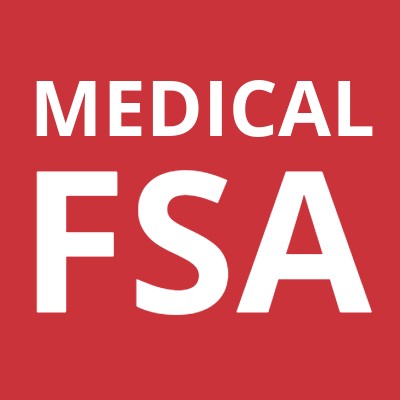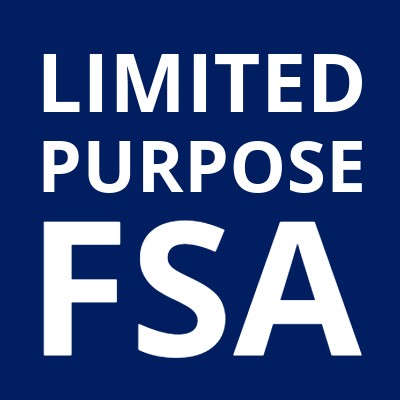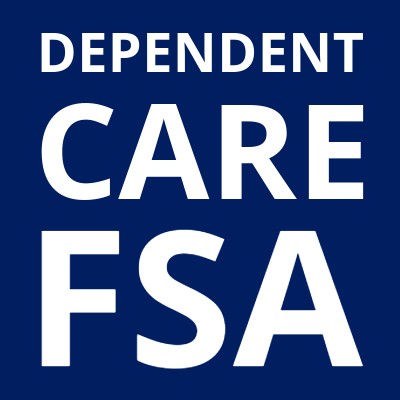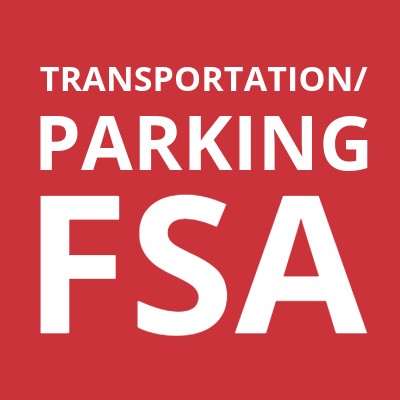Flexible Benefits

(Central state and state higher education employees)
Partners for Health offers a flexible benefits program for central state and state higher education employees to enjoy specific tax advantages. A flexible savings account allows you to contribute a portion of your regular earnings before tax. Distributions from your FSA must be used to reimburse yourself for qualified expenses.
The annual maximum amount you can contribute to your FSA is set by the IRS. The limits are subject to change yearly, and your employer may set a lower limit than the maximum allowed by the IRS. Contributions to your flexible benefits accounts may be modified, reduced or recharacterized at any time in order for the plan to comply with the Internal Revenue Code governing these plans.
Optum Financial manages the medical, limited purpose and dependent care flexible spending account programs.

Optum Financial
866.600.4984
24/7
optumbank.com/Tennessee
Eligibility
- Insurance-eligible central state and state higher education employees can enroll in the following FSAs: medical, limited purpose (only if enrolled in the Consumer-driven Health Plan) and dependent care.
- Only central state employees may enroll in the transportation/parking FSA.
- Employees of offline agencies, part-time employees, local education employees and local government employees may not enroll in these benefits.
Enrollment
Central state employees: As a new hire or during Annual Enrollment, you can enroll in a medical FSA or limited purpose FSA and/or a dependent care FSA in Edison. You may also enroll if you have a special qualifying event. Enrollment does not continue from year to year, so you must re-enroll during Annual Enrollment each fall. In Edison, you enter your annual contribution, and the system calculates the amount to take out of each paycheck.
As a state employee new hire or during Annual Enrollment, you can enroll in a transportation/parking FSA in Edison. You may also submit a paper form at any time. If currently enrolled, you do not have to re-enroll. To make changes outside of Annual Enrollment, you submit a paper form.
State higher education employees: Consult your agency benefits coordinator for enrollment information.

Medical FSA: Annual limit - $3,050 | Carryover limit - $610
- You use a medical FSA to pay for certain medical, dental, vision and prescription costs not covered by your insurance.
- You do NOT qualify for a medical FSA if you are enrolled in the consumer-driven health plan with a health savings account.
- You can carry over up to $610 of your unused FSA balance into the next plan year instead of losing it.
- Your entire election, up to $3,050 in 2024, is available for use at the beginning of the year, or within one to two months after you enroll.

Limited Purpose FSA: Annual limit - $3,050 | Carryover limit - $610
- If you are enrolled in the CDHP, the limited purpose FSA is a great way to save tax free on eligible vision and dental expenses.
Your entire election, up to $3,050 in 2024, is available for use at the beginning of the year, or within one to two months after you enroll. You may carry over up to $610 into next year instead of losing it.
You cannot enroll in both a medical FSA and limited purpose FSA in the same year.
Attention CDHP Members
If you are enrolled in a CDHP/HSA, you and your enrolled spouse cannot use a medical FSA. You can have a limited purpose FSA to use for dental and vision expenses. You should consider contributing the maximum allowed to your HSA before contributing to your limited purpose FSA because HSA dollars are not "use-it-or-lose-it" like an FSA.
Optum Financial Accounts
If you are enrolled in a medical FSA or limited purpose FSA, the first step is to go online at optumbank.com/Tennessee to create an account and register your new debit card. After creating your account, you can review your claims activity, upload documentation, provide any requested claims substantiation, order an additional debit card and see your account balances.
Optum Financial Debit Cards
With your medical FSA or limited purpose FSA, you get a debit card to use your funds at your provider’s office. These typically arrive in the mail within three to four weeks of enrollment.
Per IRS rules, Optum Financial may need you to verify some debit card purchases by providing your explanation of benefits or other claims document. Make sure to respond to any verification request from Optum Financial, or your debit card may be suspended, and any unsubstantiated claims may be reported to your employer for inclusion on your W-2 or turned over to a collection agency. If your debit card is suspended, you will still have access to your flexible account funds but will need to file paper claims, fax them or upload them on the Optum Financial website or app.
You may order debit cards for your dependents (costs may apply) by logging into your account at optumbank.com/Tennessee. Click on your account type on the left side of the screen on the words Account Overview > I want to > Manage Debit Cards > Request Replacement. You may also call Optum Financial to order a debit card.
If you enroll in the CDHP and a limited purpose FSA, the same debit card will work for both accounts. Optum Financial will take any dental or vision expenses from your limited purpose FSA “purse” on the debit card before using your HSA funds, allowing your HSA funds to continue to grow.

Dependent Care FSA: Annual limit - $5,000 per household, or up to $2,500 per spouse for married couples filing separately.
You use a dependent care FSA to pay for childcare expenses for children age 12 and under and to pay for the care of qualifying adults, including a spouse, who can't care for themselves and meet specific IRS guidelines.
- With a dependent care FSA, no carryover amount is allowed.
- For details on requirements for employees and spouses, review the governing Plan Document located on the Publications page.
Dependent care FSA funds are only available as they are taken from your paycheck; your full election amount is not available up front. You can only file claims for dependent care if you have a sufficient amount in your account to pay for them. You may not file claims for a future date.
If you are enrolled in a dependent care FSA only, you cannot use a debit card, but you can create an online Optum Financial account to see your dependent care FSA account balance, claims and activity.
In 2024, Optum Financial will conduct non-discrimination testing on central state employees’ dependent care FSAs to ensure the plan treats everyone fairly and does not discriminate in favor of employees who are highly compensated. The IRS defines a highly compensated employee as someone with a total compensation of $150,000 or more in 2023. If the test finds this benefit does not meet the federal requirements, contributions for highly compensated employees may be changed to comply with the law. If you plan to enroll in the dependent care FSA during Annual Enrollment for plan year 2024, please be aware this may impact you next year if you are a highly compensated employee.

Transportation/Parking FSAs (Central state employees only): Maximum contribution amount is $300 per month
- Transportation/parking FSAs are used to pay for certain work-related commuting and/or parking expenses.
- Transportation/parking FSAs cannot be used for fuel, oil changes, car repairs or similar vehicle servicing.
Central state employees who have a transportation/parking FSA must submit current year claims by April 30 of the following year. Claims submitted after that date will be denied; however, you will not lose your funds if you continue to be enrolled. You will only lose funds if you do not spend them or are no longer enrolled in a transportation/parking FSA. Transportation/parking FSA participants will not use a debit card.
Benefits Administration manages transportation/parking flexible benefits, which are available for state employees only.
Contact Benefits Administration
Phone: 800.253.9981 or 615.741.3590 | Monday - Friday, 8 a.m. - 4:30 p.m. CT

Benefits Administration Resources
Click here for instructions on how to receive reimbursements for claims for your medical, limited purpose, dependent care and transportation/parking FSAs.
Questions and answers
Quick facts
Webinars by Optum Financial
NOTE: Central state employees enrolled in an FSA should check paystubs regularly to make sure you are enrolled in the FSA you want and that the correct amount is being taken from each paycheck. If you think your enrollment is incorrect (for example, you are enrolled in a transportation/parking FSA, but meant to enroll in a medical FSA), you have until March 30 of the current flexible benefits plan year to contact your agency benefits coordinator for research and resolution, or within 90 days of your flexible benefits effective date, whichever comes first. You must provide documentation in writing to Benefits Administration upon request. After those 90 days, your enrollment is set for the year, and you may not change or cancel your FSA enrollment unless you have a special qualifying event as defined by IRS rules. The exception is transportation/parking FSAs; employees may change their contribution amount or cancel/start enrollment throughout the plan year.